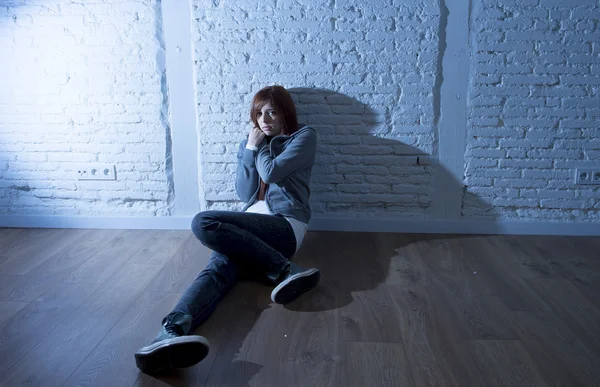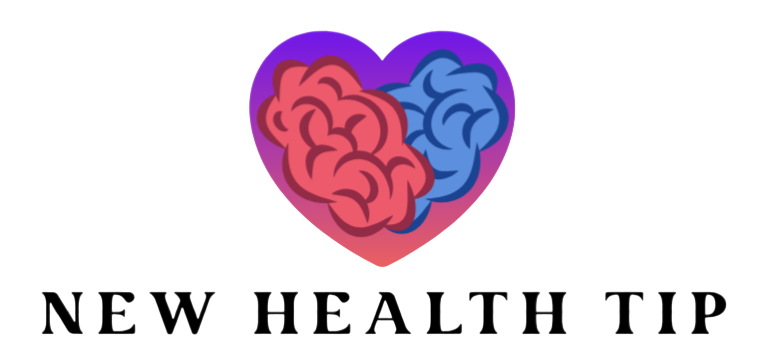
Adolescence is a difficult time of development and change sometimes characterized by emotional turmoil and behavioral conflicts. Some teenagers find that these challenges escalate into more severe issues, such as mental health concerns, drug misuse, or academic difficulties. Although there is no one-size-fits-all answer, troubled teen programs that offer tailored therapy strategies provide a more successful approach to meet the particular requirements of every struggling kid. These customized strategies help to produce better results and a firmer basis for rehabilitation by concentrating on personal strengths, difficulties, and situations.
Recognizing the Individual Needs of Teens
Every kid is unique, and a number of elements—including family dynamics, societal pressures, academic obstacles, and mental health issues—formulate their struggles. First in a customized treatment plan is a comprehensive assessment to grasp the teen’s background, temperament, and present circumstances. Professionals who get to know the person can spot particular underlying causes of trouble, such as trauma, anxiety, despair, or anger control problems. This thorough knowledge enables a more exact and efficient treatment strategy, therefore avoiding general solutions that might not solve the underlying reasons for the teenage problems.

Creating a Comprehensive Treatment Strategy
For a disturbed youngster, a well-rounded treatment strategy combines therapeutic interventions tailored to their particular requirements. Depending on the current difficulties, one-on-one counseling, group therapy, family therapy, or even academic support may all be included. Treating symptoms is only one aim; another is building resilience and long-term coping skills. Cognitive-behavioral therapy, for instance, can help a teen control anxiety; behavioral treatment might handle problems like defiance or violence.
Incorporating Family and Community Support
Customized treatment strategies often go beyond the kid personally since they understand the need of family and community participation in the healing process. Through better communication, conflict resolution, and parent-teenager connection building, family therapy can help. Sometimes mentoring programs and peer groups can provide further help to disturbed teenagers by giving them positive role models and a feeling of belonging. Treatment methods are more likely to be successful by building a network of support around the teen as they not only attend to their needs but also the larger surroundings that shape their attitude and conduct.
Customized therapy programs provide a strong and efficient way for disturbed teenagers to negotiate the complexity of adolescence, and troubled teen programs can play a pivotal role in guiding them towards emotional stability and personal growth. These ideas encourage significant change and long-term success by recognizing every teen’s particular circumstances and offering a complete, flexible plan. Troubled teens can overcome their difficulties, build resilience, and flourish in favorable surroundings with the correct help and interventions.






